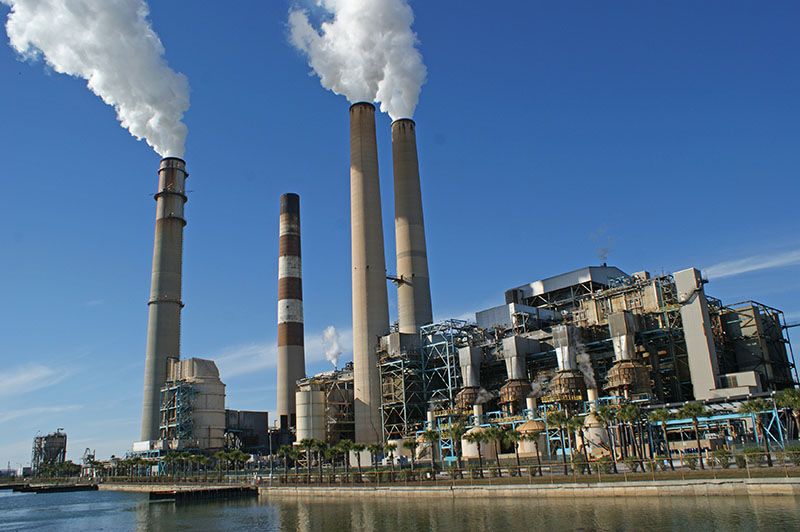By Alister Doyle
COPENHAGEN, Oct 17 (Reuters) - Rich countries said on Monday they were on track to keep a promise to provide developing nations with $100 billion a year to tackle climate change by 2020, up from an estimated $62 billion in 2014.
The pledge of fast-rising funds, first made in 2009 to help the poor rein in greenhouse gas emissions and adapt to rising temperatures, was a key to ensuring all governments signed up for the 2015 Paris Agreement to combat global warming.
"We are confident we will meet the $100 billion goal from a variety of sources, and reaffirm our commitment to doing so," developed nations said in a report compiled by Australia and Britain.
The funds, from both the public and private sector, would be up from an estimated $62 billion in 2014 and $52 billion in 2013, it said.
The Paris Agreement will enter into force on Nov. 4 after winning backing from major emitters led by China and the United States. a 2009 summit in Copenhagen, governments promised to mobilise $100 billion a year by 2020 to help developed nations limit their emissions and adapt to heat waves, floods, more powerful storms and rising sea levels.
Then U.S. Secretary of State Hillary Clinton, now the Democratic candidate for the presidency against Republican Donald Trump who doubts climate change is man-made, announced Washington's backing for the pledge at the summit.
Monday's report said that new estimates by the Organisation for Economic Cooperation and Development (OECD) indicated that finance from public sources alone would rise to $67 billion in 2020 from $44 billion in 2014.
More than 30 governments, including the United States, Japan, Germany, France, Britain, Canada and Australia had pledged new funds in 2015, it said.
The rising public sector finance could help mobilise $33 billion in private sector finance by 2020 to reach the $100 billion goal, it said.
Several development organisations welcomed Monday's "Roadmap" as another piece of good news after an agreement in Rwanda on Saturday to phase out greenhouse gases from refrigerants and air conditioning. Doig of Christian Aid said showed developed nations were taking the pledge seriously, but added: "We need to start seeing concrete examples of this impact, not just numbers on spread sheets."
Almost 200 nations will meet in Morocco next month to start writing detailed rules for the Paris Agreement.
